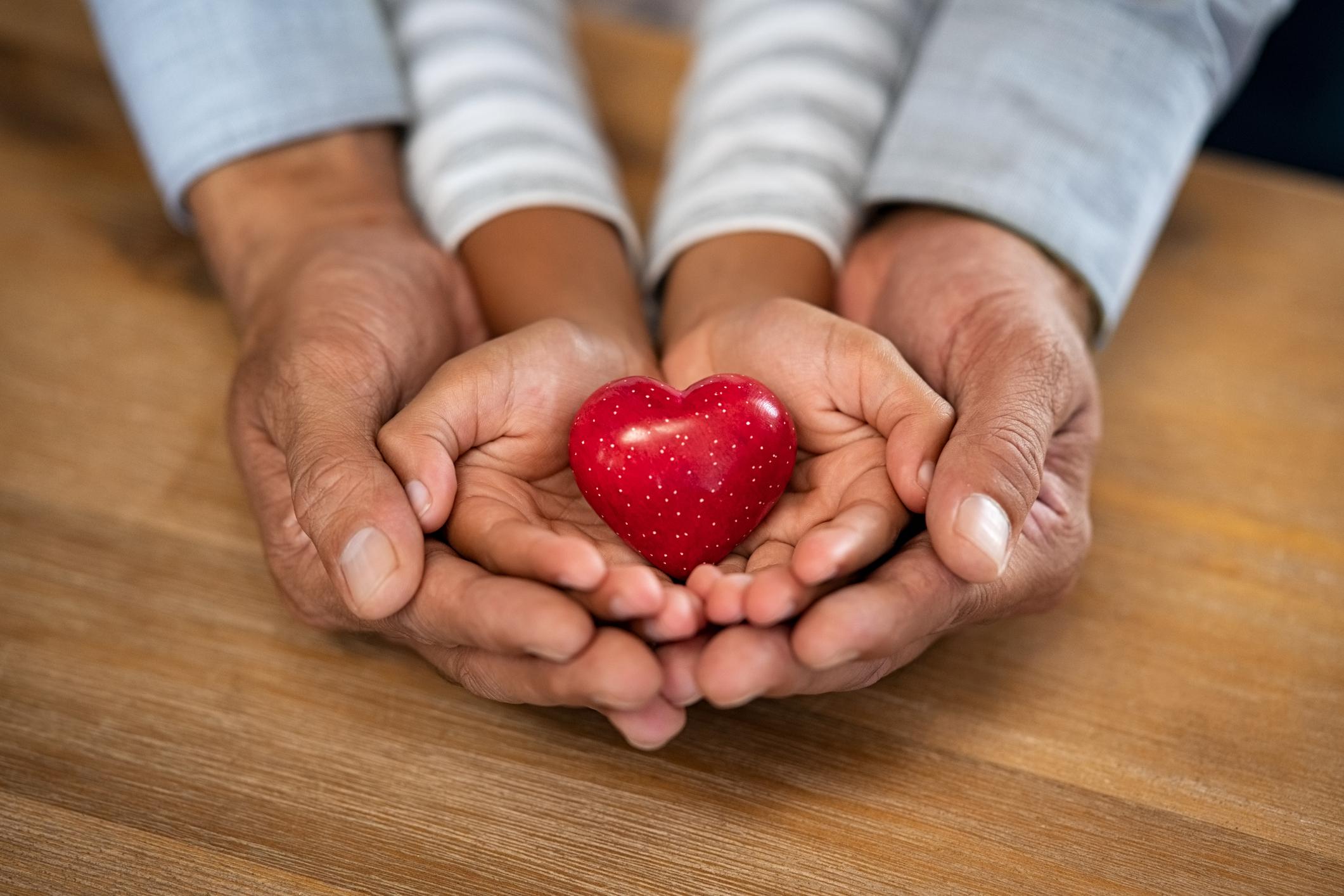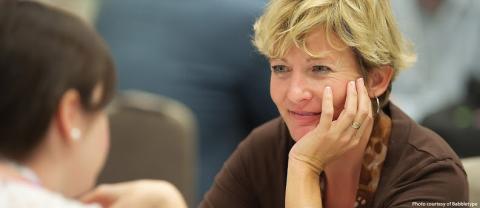
Jennifer Dale knows first hand how difficult it is to lose a family member at a young age. When her mother, Mickey, passed away at the age of 56, she vowed to do everything possible to prevent others from experiencing similar pain.
That’s why the Mickey Dale Family Foundation, named in honor of Dale’s mother, has donated $60,000 to the School of Public Health to establish a graduate fellowship. These funds will support students working to understand and subsequently transform attitudes and practices around organ, tissue and cell transplantation in the United States.
The Foundation’s vision is to revolutionize the allograft industry - the enterprise of transplanting organs, tissues, and cells from a non-self donor to a recipient in need. There’s a huge need to remove stigmas around allograft donation, promote a movement where donation is commonplace and ensure equity and access for all transplant recipients.
“Our goal with the Foundation is to normalize living organ donation,” Dale said. “It may take 20 to 30 years, but we see a world where donating a kidney or bone marrow is as common as donating blood is today.”
The Allograft Industry Trailblazer Graduate Fellowship supports master’s and doctoral graduate students in the Department of Behavioral and Community Health. It will empower students who are committed to advancing and studying innovations in allogeneic transplantation. Students will explore questions including, but not limited to: understanding attitude formation among healthcare workers, patients, and the public; processes involved in the allograft industry; harnessing technology to improve patient experiences; and driving effective community outreach programs to boost the supply of transplantable organs, tissues, and cells.
The fellowship’s first recipient is Ph.D. candidate Samantha Watters, whose behavioral health degree program emphasizes health and science communication. Watters is uniquely positioned to study existing practices and initiate cultural change related to blood and marrow transplantation (BMT). Watters works full time as the Research and Education Lead for the National Marrow Donor Program® (NMDP)/Be The Match®, a nonprofit organization that manages the national BMT donor registry. Watters develops education programs for transplant and diagnosing hematology/oncology physicians and healthcare workers, directly engaging with physicians and using her research to immediately impact NMDP/Be The Match programs.
Watters' dissertation work focuses on provider-provider communication across a patient's journey, such as from a hematology/oncology practice to a transplant center and back. In addition to a thorough review of existing literature and analysis of NMDP/Be The Match data, Watters is conducting numerous healthcare provider interviews to identify barriers and best practices to help providers better communicate with one another. The fellowship from the Mickey Dale Family Foundation will help to provide financial incentives for interview participants, arrange for professional transcription of the interviews and support Watters' attendance at national conferences where she will share her findings among providers and health communication researchers. Put together, these steps will ensure robust participation in her study, reduce the time to action and catalyze conversations to foster practice change that can ultimately improve patient experiences and outcomes.
"I am profoundly thankful for this fellowship, as it enables me to delve into my research on provider-provider communication in hematology/oncology BMT,” Watters said. “With this support, I am eager to make strides in improving access and equity in life-saving BMT procedures for patients with blood cancers and disorders like leukemia."
“We have partnered with UMD for a long time and have always been blown away by the student talent,” Dale added. “We know that the students at UMD - Sam to start, but others who follow her as well - will come with passion, innovative ideas and data behind it to join us on this journey."
For the Mickey Dale Family Foundation, addressing issues around transplant are critical and heartfelt. An informed and transformational shift in the allogeneic industry is needed; the partnership between the foundation and UMD’s School of Public Health is an important start.
“The Mickey Dale Family Foundation's dedication to empowering students like Samantha Watters to actively contribute to the transformation of the allograft industry is a testament to their commitment to education and the betterment of healthcare,” said Heidi Sweely, chief development officer and assistant dean for development at the School of Public Health. “Their support not only provides students with the means to excel but also propels the industry toward a future where allogeneic transplantation is more accessible and efficient, ultimately saving more lives.”
